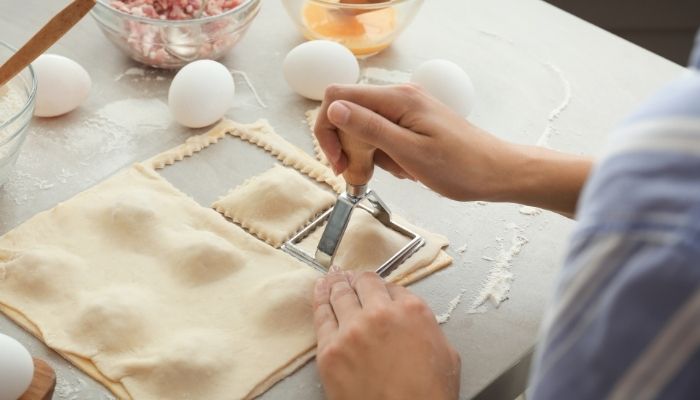Have you ever stopped to wonder how you got here? The story of how your entire family crossed oceans and moved across countries just to end up where they are now is truly fascinating.
There may be a disconnect between you and your predecessors from a hundred or two hundred years ago. If you don’t know much about your family’s past, consider some of these unique ways to connect with your heritage and begin understanding why you are the way you are.
Research More Thoroughly Than Anyone Else
Before you can truly begin to understand your ancestors, you need to know exactly who they were and what they did for a living. Start by getting a name. Ask your oldest living relatives about their parents and grandparents, and search through photo albums and records. Take your research one step at a time—sometimes you may hit a dead end, but you must continue to press on.
Once you know about their lives, research what the world was like when they were alive. Learn about events, tragedies, and other significant news that would have impacted their way of life. You can spend months on one distant relative—the research is worth the connection you make along the way.
Visit Their Grave
If you know where an ancestor rests, consider visiting the site with your family. You may need to travel across the country or the world to get to their grave marker, so you can make it a monumental vacation to remember.
The grave may be old and in poor condition—bring supplies with you to refresh it as best you can. For a unique memorial to their legacy, find an image of the distant relative and turn it into a photo for their grave marker. Take a moment to reflect on their life and the hardships they endured.
Cook a Family Recipe
The oldest members of your family tree may have stories of their parents and the meals they’d cook together. Take a chance and try to learn how to cook a meal that’s been in the family for generations. Ask around for any old recipe cards or memorable dishes. Once you learn how to make it, put your own spin on it and personalize it for future generations. Remember: if the recipe calls for you to make your own pasta or dough from scratch, you better do it!
Mix and match these unique ways to connect with your heritage and you’ll begin to feel more in tune with your predecessors. Write down your research and findings in a journal or type them into a document to make it easy for future generations to pick up where you left off.







